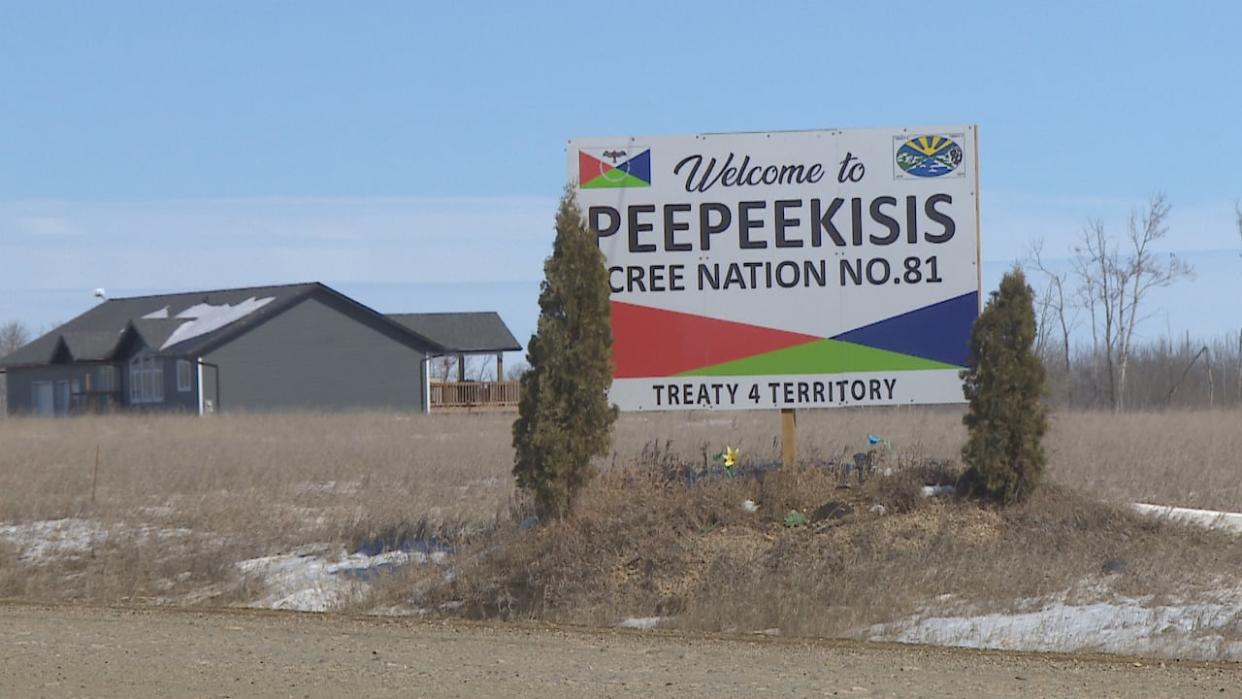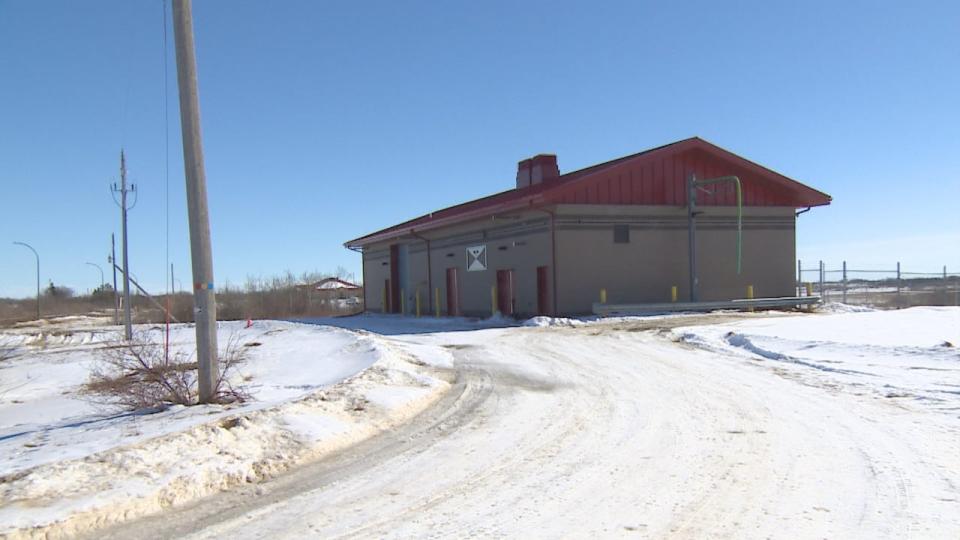Sask. First Nation says it won't lift long-term boil water advisory until every house has direct water line

Leaders on a Saskatchewan First Nation say they won't lift a decade-old boil water advisory until every home in the community has direct access to clean water from the local treatment plant.
Indigenous Services Canada (ISC) can recommend that a boil water advisory be lifted, but it is ultimately up to the local chief and council.
Peepeekisis First Nation, located about 110 kilometres northeast of Regina, has had a boil water advisory active since 2014, when some issues were found at the water treatment plant. The plant has been repaired and is back to producing clean water, but many homes don't have direct lines.
"Our chief came back to the federal government to say that we are not going to lift our boil water advisories until we get clean drinking water to every home in the nation," said Cordel Pinay, Peepeekisis's director of capital and community infrastructure.

Peepeekisis Cree Nation's water treatment plant. (Richard Agecoutay/CBC)
Pinay said there are 154 homes in the community and only 22 — all part of a new subdivision — have water lines connecting them directly to the water treatment plant. The 132 homes without direct lines get their water from cisterns or private wells.
Water for the cisterns is taken by truck from the treatment plant. Pinay said this means there are multiple ways for the water to become contaminated — in the trucks or in the cisterns, which are hard to clean and in some cases getting old.
"The infrastructure is aging," he said "A lot of them are cracked. They get contaminated."
He said people have seen animals crawl into cisterns.
"It's not a healthy system for our community," Pinay said.
Pinay said the cost to build water lines to every home was estimated in 2021 to be around $10 million. Part of the issue is how far from the main water line many of the homes on Peepeekisis are.
Jennifer Cooper, as spokesperson for ISC, said in a statement that ISC will fund up to 100 per cent of capital costs for direct water lines to homes, if lot frontages for those home average no more than 30 meters. In Peepeekisis, the homes are further away.
The statement said that when lot frontages are further than 30 metres on average — as in Peepeekisis — ISC supports other alternatives, including truck delivery services.
"ISC is committed to working with the Peepeekisis Cree Nation on providing safe and reliable water service to the community's homes," the statement said. "This includes an offer to cost share work to set up a pipe network, in addition to providing funding to cover 50% of the costs associated with the house connections, and 50% of the costs associated with engineering and project management."

Cordel Pinay, far left, Peepeekisis's director of capital and community infrastructure, sits with headman Blaine Pinay, centre, and local elder Wayne Pinay. (Richard Agecoutay/CBC)
Headman Blaine Pinay, an elder in the community, said he and others have gotten sick from unclean water.
He talked about travelling to Ottawa and seeing a city full of people where everybody gets clean water from the tap.
"How come we don't have what they have?" he asked. "They have good water. We are the bottom of the totem pole when it comes to looking after our people. We asked to share this land and yet we have to suffer for it."
The headman said the goal is simple, for his First Nation and others.
"We want all the nations to turn their taps on, and they can drink that water."


